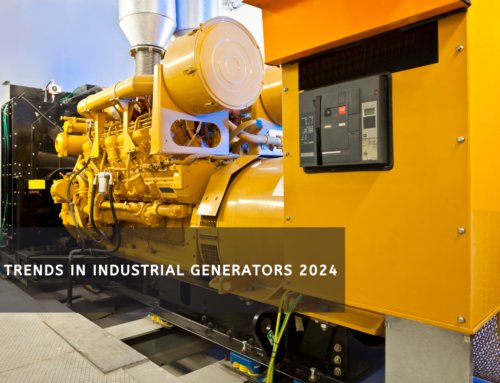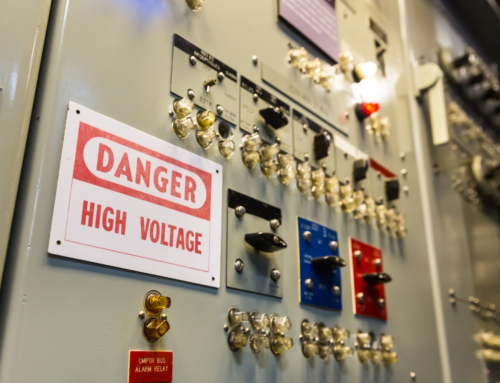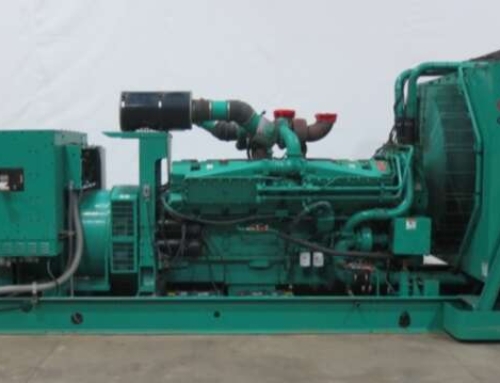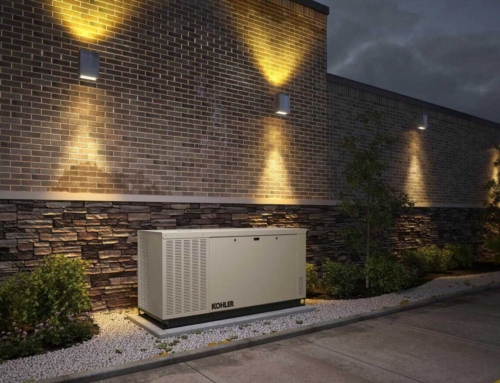Some of the important signs to look for when purchasing a used generator from an individual seller are to check for physical signs like rust, cracks, and dents. These signs include poor generator maintenance. Also check for damages in components like the alternator, fuel tank, and engine. Give attention to fuel leakage, noises, and odors as they point to the underlying damages.
In this blog, let’s discuss how to check a used generator before buying and why to buy a used generator.
How to check a used generator?
Physical damage
Rust, dents, and cracks: They are indicators of the generator’s maintenance and how it is cared for.
Damaged components: Always look for any broken parts such as the fuel tank, engine, and alternator.
Leaks: Check for oil, fuel, or liquid leaks as they may indicate potential mechanical problems.
Other Physical warnings
High hours: The generator’s operating hours show its age, if it’s high it indicates heavy usage and potential wear and tear.
Unusual noise or odors: Look for unusual details such as noise or odors that indicate a serious issue.
Lack of information: If the seller does not provide sufficient information on usage, maintenance, and generator history, it is a red flag.
No documentation: If the seller does not provide any proper documentation on the generator’s maintenance records or user manual, it could be a sign that they do not pay much attention to generator maintenance.
When you purchase a used generator, it is important to know its history, performance, and condition. Some of the key factors to check are the generator’s running hours, load bank test, and maintenance history. A careful visual examination and operational test are important to know the generator is in good working order.
Below are factors that you should ensure before buying a used generator:
- Running hours, age, and usage: Check the age of running hours and generator age as the highest hours indicate more wear and tear, but still, well-maintained generators have a long lifespan.
- Know how the previous owner used the generator, their usage patterns, and maintenance schedule to get insights on its condition.
- Generator maintenance and service history: Ask the seller for maintenance records, repairs, oil change history, and filter replacement history.
- Inspection: A visual inspection is important to check any wear and tear potential issues, damages, corrosion, and issues in wiring and welding.
- Load bank test: The load bank test helps to determine the ability to handle power demands and generator performance under heavy load.
- Operational Test: Perform an operational test by starting and running the generator and connecting it to the load to make sure it functions properly.
- Also, pay close attention to noises like grinding or knocking which indicate mechanical issues.
- Warranty and supplier
- Supplier: Ensure you choose a reliable supplier known to provide quality used generators.
- Warranty: Make sure the supplier has a warranty or guarantee that provides confidence in your purchase.
Other considerations
- Visual Inspection: Ensure there is no rust, corrosion, and wear and tear on the internal components, and generator’s exterior body.
- Generator Brand: Check the generator brand to learn the manufacturer’s reputation for durability and reliability.
- Check filters: Check the air and oil filters for cleanliness and also check the fuel quality.
- Wiring and Connections: Check the wiring and connection for damages and loose connections.
- Power Requirements: Make sure the generator’s power output is sufficient for your needs.
Why buy a used generator?
Used generators are the right choice for many reasons like immediate availability, flexibility, and cost savings. They are comparatively cheaper than new generators and they are readily available, there is no waiting time for manufacturing and delivery. You can select from a wide choice of brands and models and be able to customize and upgrade once you purchase.
Below are some of the advantages of choosing used generators:
- Cost-effective: They are budget-friendly options for medium-scale industries as they don’t want to invest in new ones.
- Paperwork: It is less complex than purchasing new generators as they have fewer documents and certifications required.
- Reliability: With proper maintenance, used generators also provide reliable power supply for years, especially backup generators and standby generators.
- Availability: Unlike new generators, you don’t need to wait for manufacturing and delivery as they are readily available for purchase and installation.
- Flexibility: There are plenty of options to buy a used generator, you can carefully choose based on your power requirements and the option to remodel and upgrade.
If you’re looking to buy a used generator, contact our expert today for the best deal.
CS Diesel Generators provide all kinds of new and used indoor and outdoor generators and their parts for sale. We also buy your used power generators at competitive pricing. Contact our expert today to buy the best-in-class used generator that meets your power demands and budget.
FAQs
What are the warning Signs to Look for in Used Generators for Sale?
Some of the important signs to look for when purchasing a used generator from an individual seller are to check for physical signs like rust, cracks, and dents. These signs included poor generator maintenance. Also check for damages in components like the alternator, fuel tank, and engine. Give attention to fuel leakage, noises, and odors as they point to the underlying damages.
Why buy a used generator?
Used generators are the right choice for many reasons like immediate availability, flexibility, and cost savings. They are comparatively cheaper than new generators and they are readily available, there is no waiting time for manufacturing and delivery. You can select from a wide choice of brands and models and be able to customize and upgrade once you purchase.





